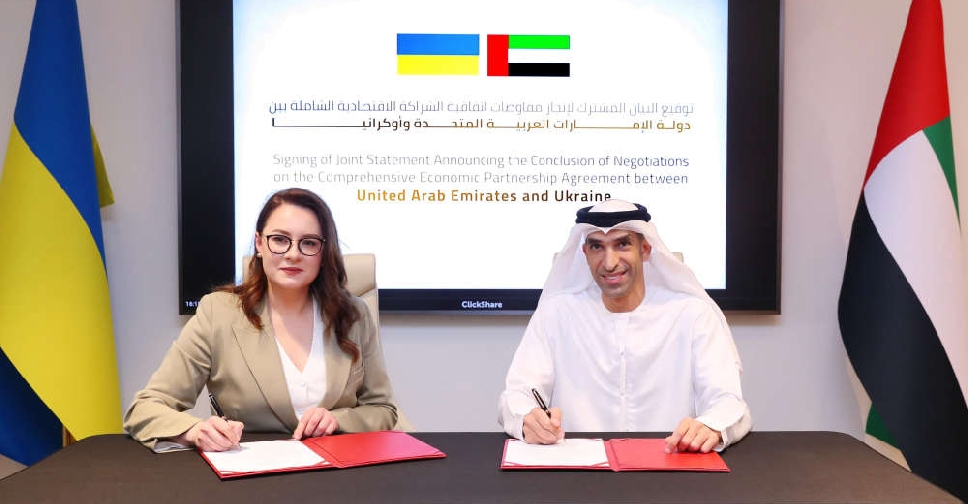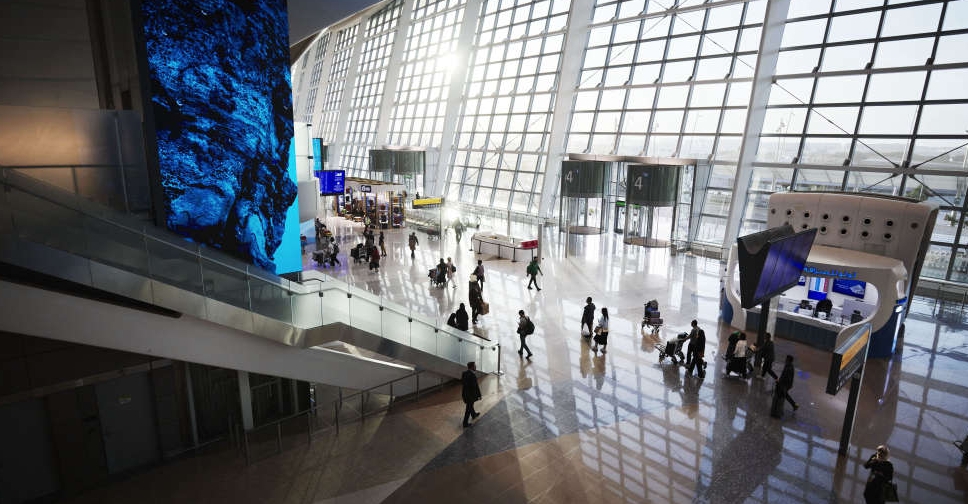
India’s biggest overhaul of rules for foreign investment in real estate since the industry began opening up a decade ago has come just in time for cash-strapped builders facing borrowing costs exceeding 20%. Prime Minister Narendra Modi scrapped approvals needed for overseas ownership of some projects and removed barriers to foreign direct investment in construction among a slew of measures unveiled Nov. 10 to boost confidence in Asia’s third-largest economy. The move allows developers easier access to capital in a country where research firm Liases Foras estimates more than half of the projects currently being marketed are delayed. Leverage among builders has more than tripled since 2008, according to Mumbai-based brokerage IIFL Ltd., and borrowing costs soared as as falling home sales made banks reluctant to lend for commercial real estate. The industry is facing difficult times as stretched balance sheets limit access to funds and firms struggle to complete projects, DLF Ltd., India’s biggest developer, said in its earnings presentation this month. ‘Opens Door’ “Large developers with stress on their balance sheets will benefit from these FDI rules as they will be able to monetise their assets,” said Kalpesh Maroo, partner at Bengaluru-based business adviser BMR & Associates LLP. “It opens up the door for foreign investors to finance projects that were stalled for want of funds.” The Townsend Group, a Cleveland-based fund manager, said Nov. 11 it will invest in a venture led by KKR & Co. and backed by GIC Pte, Singapore’s sovereign wealth fund. The finance company will provide senior-secured lending to India’s real estate market, Townsend said in a statement. GIC bought a 19.9 billion rupee ($301 million) stake in two of DLF’s housing projects in a deal announced in September. The Indian developer has been selling assets over the past few years to boost cash and pare net debt that stood at 225 billion rupees in the quarter ended Sept. 30. Growth in bank lending for commercial real estate slowed to 2% in the 12 months through Sept. 18, from 20% a year earlier, latest central bank data show. That’s prompted developers to opt for funds from private-equity firms and the debt market. “It’s a step in the right direction,” Rohit Poddar, managing director of Poddar Developers Ltd. said. “It will definitely help developers to complete unfinished projects due to lack of funds and help clean up their balance sheets.” 21.3% Coupon Kapstone Constructions Pvt. paid 21.3% coupon on rupee-denominated issued last year, while Tirupati Buildplaza Pvt. sold similar debt at 20.5%, according to data compiled by Bloomberg. That compares with a 12.25% coupon on notes of DLF and an 11.19% average for 195 real estate issues in India. DLF’s bonds maturing September 2019 yield 13.34%, according to indicative levels compiled by Bloomberg, compared with 7.61% on similar-maturity government securities. India’s economic growth slowed to 7% in the three months to June, from 7.5% the previous quarter, and that’s weighing on banks’ balance sheets. Stressed assets, which include bad loans and debt restructurings, have risen from 6.3% of advances four years ago as borrowers’ capacity to repay is weakened. The ratio was 10.73% as of December. Home sales in Mumbai declined 17% to 10.1 million square feet in the September quarter from the previous three months, data from Liases Foras show. Of the 8,088 projects currently being marketed by developers across India, more than half were delayed, the according to the researcher, with 463 developments pushed back more than two years. In Mumbai, 59% of all projects marketed were behind schedule. Political Setback Modi, who suffered a setback last week after his party lost elections in the eastern state of Bihar, has sought to boost investor confidence by easing investment rules in 15 industries. He scrapped limits on minimum area and investment amounts for overseas participation and allowed capital to be repatriated after a maximum lock-in period of three-years, during which the assets can be sold to other foreign entities. Automatic approvals will be granted for 100% foreign investment in rent-yielding completed assets such as townships, shopping malls and business centers. “The benefits of these moves will not be immediate and will likely accrue over” two to three years, Saurabh Kumar and Gunjan Prithyani, Mumbai-based real estate analysts at JPMorgan Chase & Co., wrote in a Nov. 13 report. “If implemented properly, it could become a strong financing source for the sector that is currently starved of capital.” (By Pooja Thakur/Bloomberg)
 UAE, Ukraine conclude terms of trade pact
UAE, Ukraine conclude terms of trade pact
 Elon Musk visits China as Tesla seeks self-driving technology rollout
Elon Musk visits China as Tesla seeks self-driving technology rollout
 Abu Dhabi Airports welcomes 6.9 million passengers in three months
Abu Dhabi Airports welcomes 6.9 million passengers in three months
 ByteDance denies media report of plan to sell TikTok
ByteDance denies media report of plan to sell TikTok
 Photos: UAE’s first operational vertiport unveiled in Abu Dhabi
Photos: UAE’s first operational vertiport unveiled in Abu Dhabi




